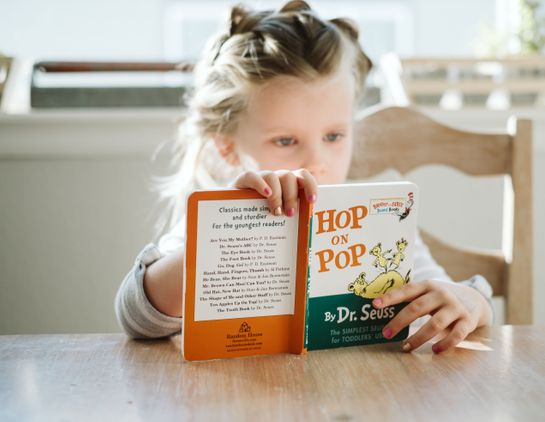Reading
Learning to read is fundamental to a child's learning as it opens the door to everything else.
Without adequate reading ability, learning becomes extremely challenging and evidence shows just how detrimental that is to the overall wellbeing of the child, and for their future outcomes.
It is also often the source of disruptive behaviour or disengagement in the classroom.
With the knowledge we now have about how to support the difficulties experienced by some children in learning to read, and with the assistive technology available, why are there so many young people that leave the education system unable to read effectively, if at all?
Of course, it takes time and funding but it also has to be considered a priority.
I'm extremely passionate about children having the right opportunity to learn to read and also having the correct assistive technology in place to support them if required. We still have a long way to go in making assistive technology an everyday resource for children that struggle, particularly in primary education, but momentum is happening.
I have many years of experience in teaching and supporting reading, writing and spelling to those with specific learning difficulties and dyslexia. I have seen how, with the right support, substantial improvements can be made.
Intervention is crucial. For a struggling reader, whatever their age, individualised one to one intervention is best. However, small group intervention comes a very close second, and certainly better than nothing at all.
Without question,
every child
should be given a chance.



a child's right to read
"Reading is an issue of social justice, ...according to the International Literacy Association (ILA). The right to read means giving each student the capability to access information that can allow them to reach their fullest potential." NAESP, 2020
“Teaching children to read opens up a world of possibilities for them. It builds their capacity for creative and critical thinking, expands their knowledge base, and develops their ability to respond with empathy and compassion to others." ILA, 2018
"...reading directly contributes to the child’s mental, social, cultural and spiritual development,...." Prof @ Uni of Nottingham
